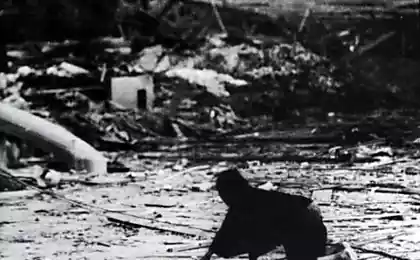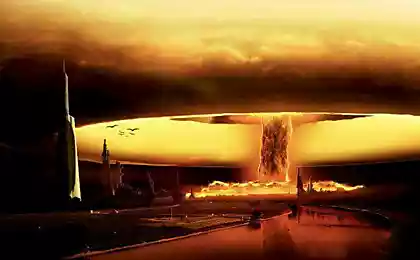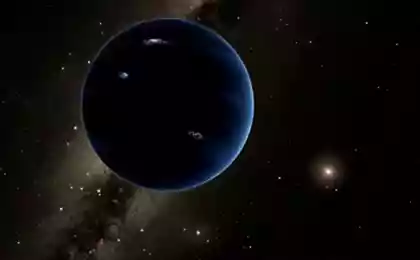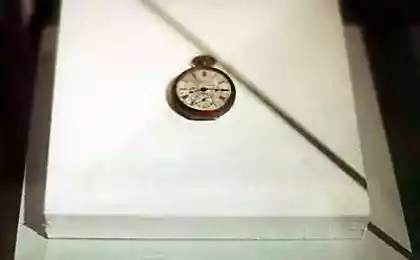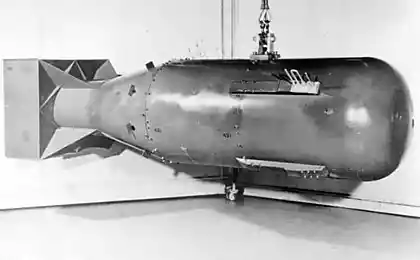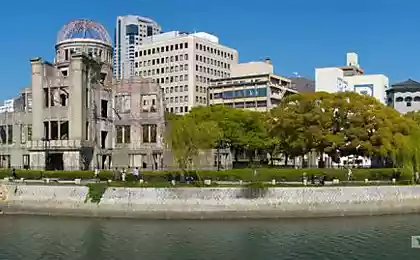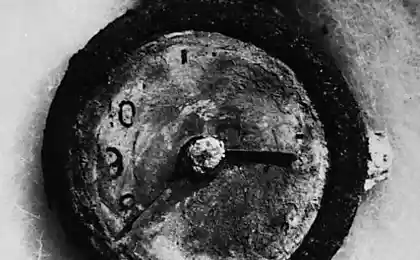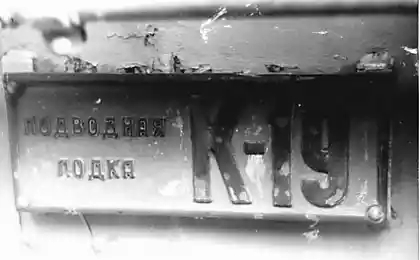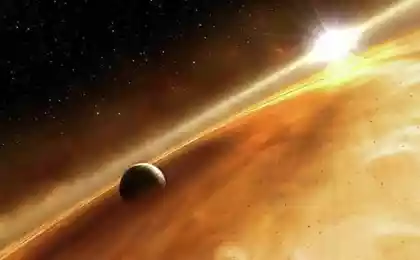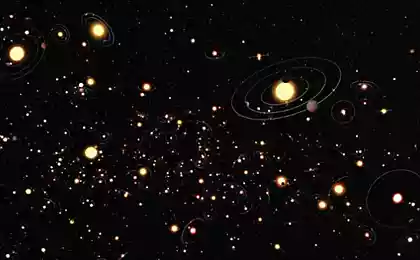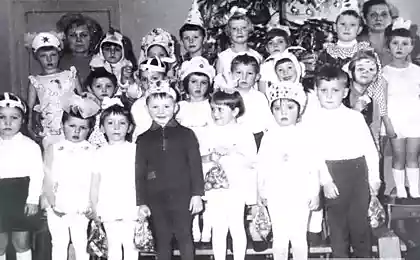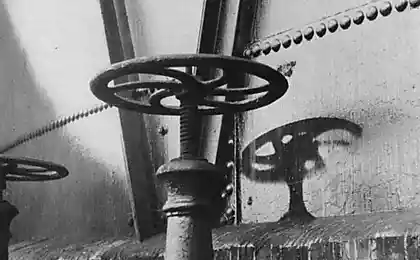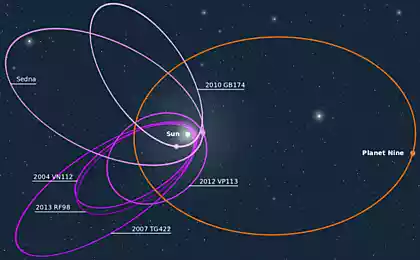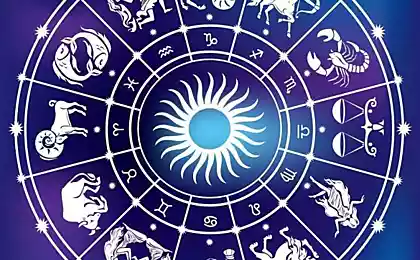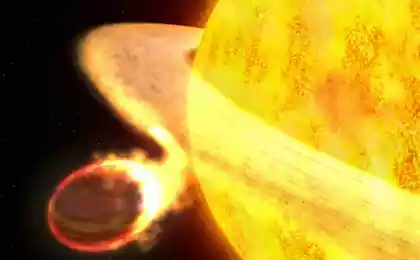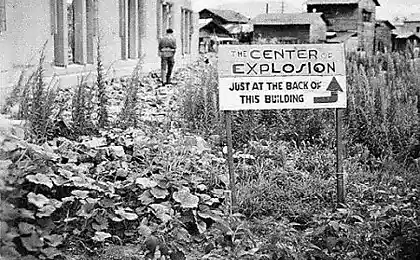463
69 the tragedy of Hiroshima
The world is the best way to survive, and war — the main threat to our common home called Earth. This writes Daisuke Miyachi of Greenpeace Japan. His grandmother miraculously survived the atomic bombing on 6 August 1945.
Seventy five million one hundred fifty eight thousand eight hundred thirty
"From the exploding bombs broke the fierce flames and destroy all around three kilometers. When the fire subsided, its destructive power was passed on fallout, and escape from them was almost impossible. These deadly elements turned Hiroshima into a symbol of the horror of war, which is understandable for people in every country of the world.
Eighty seven million nine hundred fifteen thousand four hundred sixty nine
In 1947, in the 9th article of the Japanese Constitution came the vow to renounce military force, use of violence to resolve international disputes. This gave Japan a unique opportunity to live in peace and prosperity that became the envy of the world. However, after 69 years in July 2014, the Japanese government approved a new interpretation of this article. Now it gives more opportunities for "self-defense forces" and even allows you to use the "right to collective self-defence" if the government sees the need to support NATO troops under the pretext of "protecting allies".
The clock shows the exact time of the atomic bombing of Hiroshima.
Atomic Twister is still here, walking the streets, seeing the burned buildings, memorials, which do not allow to forget how terrible and useless war.
My grandmother — "hibakusha". The so-called survivors of the bombing. While in Hiroshima, there were about 350 000 people, and after the explosion — in late December 1945, they left only about 140,000. By August 2013, the total number of deaths from the effects of bombing had risen to 286 818 people.
"Atomy house" in Hiroshima.
My grandmother rarely spoke about those days. I think she wanted to forget, to bury it all in. I'll always remember the day she broke your vow of silence. Her words were simple and strong at the same time: "the World has collapsed. All living things died. We must not repeat that mistake".
These words sound and resound in me, talking about the inescapable cruelty of war and how we need peace.
A thousand paper cranes of peace school peace Museum
Victims of Hiroshima are people just like you or me. They were fathers, mothers, grandparents, children and grandchildren. From may 1945 25 836 children were evacuated to safer areas. However, 15 802 child remained with their families in Hiroshima.
One of the thousands of stories of those days: twelve Hideaki Suzuki was in high school when the city dropped the bomb. He tried to run, tried to pull the charred younger sister, but they lost each other in the chaos going on. Hideaki died seven days later from radiation.
The bombing has not spared and the evacuated children. Many have lost family and became known as the "orphans of the atomic bomb". Only among those who lived in the center of Hiroshima was 6 500 orphans.
The atomic bomb not to know what or who stands in front of her crushing force. She doesn't care who tries to defend himself – an adult or a child. She kills everyone. It kills the family along with their Pets, destroying the very memory of who lived here.
The famous cartoonist Keiji Nakazawa lost his beloved dog, KURO (which means "black" in Japanese). He wrote: "KURO was a member of the family. We found him in the shelter next to the house. He showed no signs of life. We knew that KURO was desperate to be with us, but he had to die alone. The bomb destroyed everybody, even babies like KURO".
View of Hiroshima after the atomic bombing at the peace memorial Museum.
People often say about the world. Politicians around the world eloquently justify the use of military force by the interests of the struggle for peace. But no war can not be justified.
It is estimated that during the Second world war killed and sixty-five million people. Forty million of them were peaceful, unarmed people. The atomic bombing at the end of the war killed hundreds of thousands of civilians, and continued to kill others many, many years. Such is the nature of war. These are the consequences of the use of nuclear technologies.
Last September, Japan was nuclear-free zone, because the reactors were stopped after the tragedy of Fukushima. We look forward to the day when Japan was freed from the threat of the atom forever. We believe that this will come true: "Please rest in peace. The tragedy will not happen again."
These words are engraved on the memorial in the Hiroshima Peace Museum as a warning to all...
Source: www.greenpeace.org
Seventy five million one hundred fifty eight thousand eight hundred thirty
"From the exploding bombs broke the fierce flames and destroy all around three kilometers. When the fire subsided, its destructive power was passed on fallout, and escape from them was almost impossible. These deadly elements turned Hiroshima into a symbol of the horror of war, which is understandable for people in every country of the world.
Eighty seven million nine hundred fifteen thousand four hundred sixty nine
In 1947, in the 9th article of the Japanese Constitution came the vow to renounce military force, use of violence to resolve international disputes. This gave Japan a unique opportunity to live in peace and prosperity that became the envy of the world. However, after 69 years in July 2014, the Japanese government approved a new interpretation of this article. Now it gives more opportunities for "self-defense forces" and even allows you to use the "right to collective self-defence" if the government sees the need to support NATO troops under the pretext of "protecting allies".
The clock shows the exact time of the atomic bombing of Hiroshima.
Atomic Twister is still here, walking the streets, seeing the burned buildings, memorials, which do not allow to forget how terrible and useless war.
My grandmother — "hibakusha". The so-called survivors of the bombing. While in Hiroshima, there were about 350 000 people, and after the explosion — in late December 1945, they left only about 140,000. By August 2013, the total number of deaths from the effects of bombing had risen to 286 818 people.
"Atomy house" in Hiroshima.
My grandmother rarely spoke about those days. I think she wanted to forget, to bury it all in. I'll always remember the day she broke your vow of silence. Her words were simple and strong at the same time: "the World has collapsed. All living things died. We must not repeat that mistake".
These words sound and resound in me, talking about the inescapable cruelty of war and how we need peace.
A thousand paper cranes of peace school peace Museum
Victims of Hiroshima are people just like you or me. They were fathers, mothers, grandparents, children and grandchildren. From may 1945 25 836 children were evacuated to safer areas. However, 15 802 child remained with their families in Hiroshima.
One of the thousands of stories of those days: twelve Hideaki Suzuki was in high school when the city dropped the bomb. He tried to run, tried to pull the charred younger sister, but they lost each other in the chaos going on. Hideaki died seven days later from radiation.
The bombing has not spared and the evacuated children. Many have lost family and became known as the "orphans of the atomic bomb". Only among those who lived in the center of Hiroshima was 6 500 orphans.
The atomic bomb not to know what or who stands in front of her crushing force. She doesn't care who tries to defend himself – an adult or a child. She kills everyone. It kills the family along with their Pets, destroying the very memory of who lived here.
The famous cartoonist Keiji Nakazawa lost his beloved dog, KURO (which means "black" in Japanese). He wrote: "KURO was a member of the family. We found him in the shelter next to the house. He showed no signs of life. We knew that KURO was desperate to be with us, but he had to die alone. The bomb destroyed everybody, even babies like KURO".
View of Hiroshima after the atomic bombing at the peace memorial Museum.
People often say about the world. Politicians around the world eloquently justify the use of military force by the interests of the struggle for peace. But no war can not be justified.
It is estimated that during the Second world war killed and sixty-five million people. Forty million of them were peaceful, unarmed people. The atomic bombing at the end of the war killed hundreds of thousands of civilians, and continued to kill others many, many years. Such is the nature of war. These are the consequences of the use of nuclear technologies.
Last September, Japan was nuclear-free zone, because the reactors were stopped after the tragedy of Fukushima. We look forward to the day when Japan was freed from the threat of the atom forever. We believe that this will come true: "Please rest in peace. The tragedy will not happen again."
These words are engraved on the memorial in the Hiroshima Peace Museum as a warning to all...
Source: www.greenpeace.org
The engineers looked inside the capacitor
Bananas and potatoes will help reduce the risk of colorectal cancer
